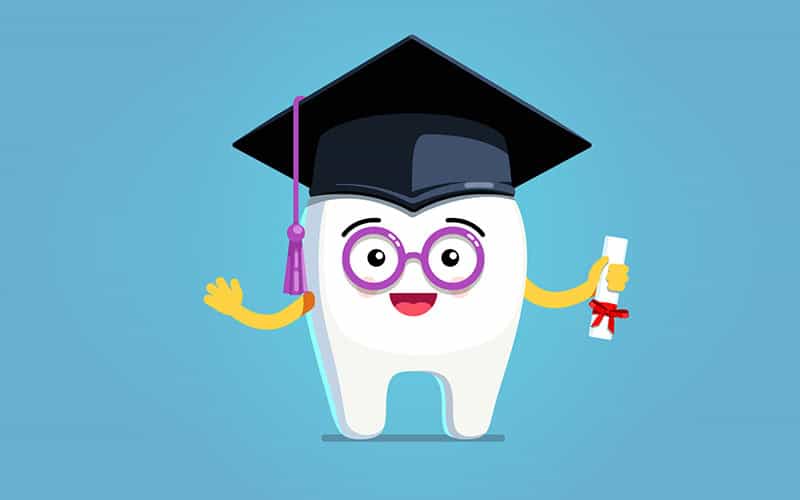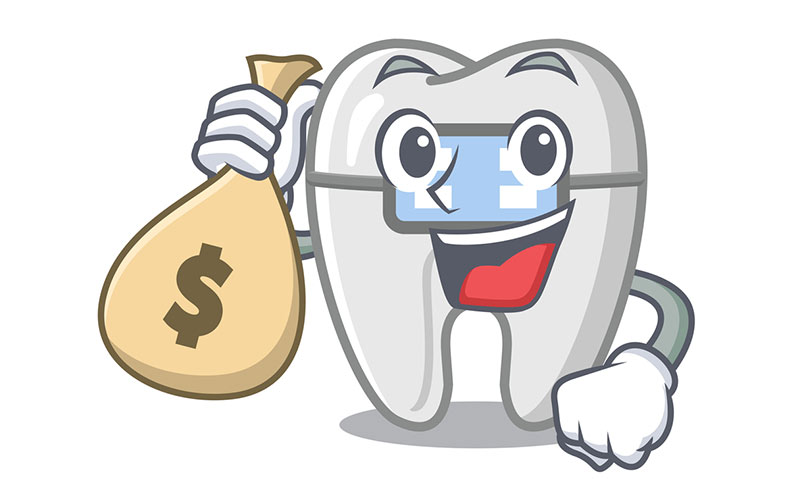If you have been recently booted from your parents’ insurance plan, you might be putting off receiving necessary dental care. Dental cleanings and treatments are expensive and might not be high on your priority list, but they are important for maintaining dental health.
Although dental health might not seem important right now, you may put yourself at risk for serious problems like severe cavities, tooth decay, or gum disease if left untreated.
Luckily, there are options available for low-income individuals, so you shouldn’t need to make any huge sacrifices to receive necessary dental work. Here are some of the most recommended options available today.
1. Go to a dental school

If you want to save money, going to a dental school is often recommended. Dental schools offer cleanings and dental work for a nominal fee and you can expect to receive the same level of care you would from a regular dental office. The people in this program are about to go work at a dentist once they graduate, but the price is a lot less while they’re still at school.
The difference is, the work is being done by dental students (under the supervision of an instructor) or an instructor of the school. So not only will you be taking care of your teeth, you will also be helping dental students fine-tune their skills.
Speaking of school, have you heard of these famous high school dropouts?
2. Look for dentists that offer payment plans
Some dental offices offer payment plans that will spread the cost of dental work over several months. While this doesn’t save money, it helps make receiving necessary dental care more accessible to anyone who doesn’t have all the money upfront.
This is also much more affordable than using a credit card with high interest rates!
Also, getting the work done sooner does end up saving you money, so get it done instead of putting it off while you try to save up.
3. Shop around for the best value
This tip requires a bit more planning on your part, but it’s worth it if it means saving money. Dental fees are determined by individual offices, so you may be able to find low-cost dental clinics in your area. We recommend looking into local and state health departments or tax-payer funded community health clinics for the best price on all your dental needs.
Sometimes it’s worth traveling a bit to get the best service. If you’re in Dallas or Plano, and you can’t find a great dentist nearby, but you notice a highly-reviewed dentist in Arlington, then it’s worth making the trip for dental cleaning. For the number of times you’ll need to see a dentist in any given year, don’t let location play too huge of a role in your choice.
Additionally, some clinics offer sliding-scale fees that are based on your income, but you will need to come prepared with tax information to prove your eligibility.
4. Don’t put off receiving treatment
Dental care can be expensive but putting off necessary treatment can increase expenses and pain.
If you notice signs like pain when eating, constant sensitivity to certain foods (like hot, cold, or sweet), swelling, bleeding, or bad breath you need to make an appointment with a dentist as soon as possible. In cases like these, you may want to borrow money from your parents or access a lower income option from this list.
5. Brush and floss your teeth every day
Preventative care will be your ally when it comes to saving money at the dentist. Most dental experts recommend brushing your teeth twice per day, once in the morning and once at night.
Here are more grooming tips for teenage guys.
Additionally, you should be flossing once per day, preferably before you brush your teeth at night. When brushing your teeth, you should be aiming for two minutes using a gentle pressure making sure to reach everywhere in your mouth. It’s also recommended that you avoid brushing your teeth for one hour after consuming acidic food or drinks as they are known to temporarily weaken tooth enamel.
